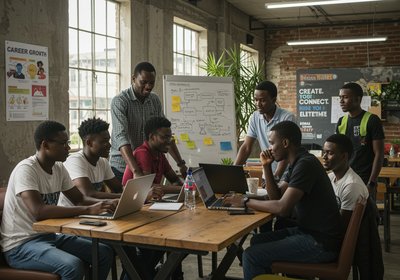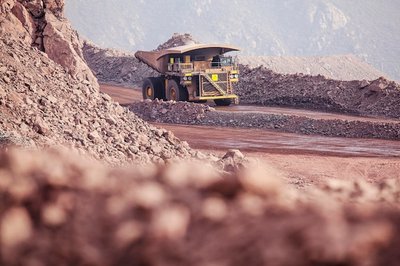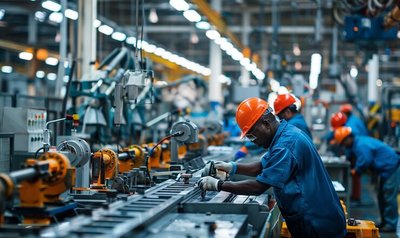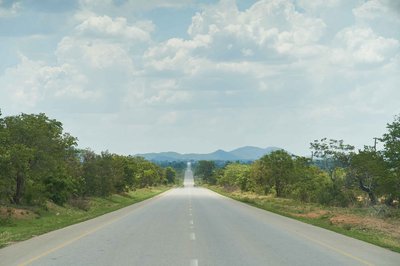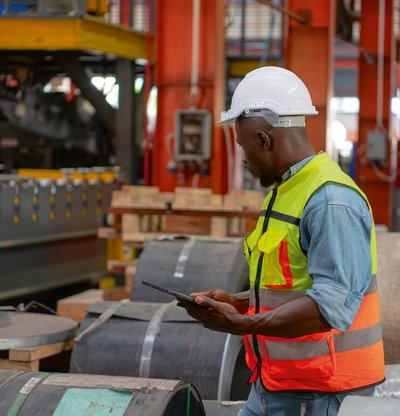“Today Africa is rising; it is a story of growth, optimism and prosperity,” says PricewaterhouseCoopers, one of the leading professional services firms on the globe, with a large footprint on the continent.
Africa has experienced steady growth over the last several years. But after COVID-19 reared its ugly head and changed the way things are done and affected livelihoods the world over, this growth has slowed.
Coronavirus has without doubt battered Africa’s growing middle class, decimating the livelihoods of workers and businesspeople that once had steady incomes that were helping drive continental expansion and growth.
With increased economic growth, citizens grew wealthier and the middle class became more visible, with rising numbers. This, however, has been negatively affected by the pandemic.
Previously and due to varying factors (a lack of infrastructure, bad governance, war, unequal terms of trade on the global front, etc.), growth in many African nations was once sluggish. Foreign direct investment suffered to some extent and more countries became dependent on donor funding.
More and more companies experience political stability; democracy although being stifled in some instances, is finding a stable place in governance with a new crop of leaders being cognizant of the need to spur investment for the upliftment of their people.
Importantly, the growth that has been recorded is not solely anchored on the vast mineral wealth Africa boasts of, but also springs from other sectors.
According to a report compiled by Deloitte entitled The Rise of the African Middle Class, “rampant consumerism’’ makes up two-thirds of Africa’s GDP with services being concentrated in the financial, telecommunications and retail fronts.
The transformations in many countries have not only unveiled abundant opportunities for wealth creation for these nations, they have also invigorated the emergence of the middle class which spends between $10.01 and $20 a day. The middle class are driven by aspiration and disposable income.
North Africa has a much larger concentration of the middle class on the continent with Tunisia, Morocco and Egypt leading the pack. Reasons for the emergence of the middle class differ from country to country. For instance, in South Africa, the government-driven Broad-Based Black Economic Empowerment (BBBEE)policies have made it possible for people who were living below the poverty line to secure steady, salaried employment.
Another game changer has been diasporans who send money home, as well as the diasporans returning home to assist with the rebuilding of their countries. The returnees often come with some sizable financial muscle to live a new life in the motherland after many years abroad. A number of them, in addition to the financially-capable citizens on the local front, invest in the creation of small and medium size enterprises (SMEs) which go a long way to inject life into the veins of the local economy.
This group underscores and appreciates the key role which human capital plays in socio-economic development. They are more likely to invest in the education of their children. Part of what makes it possible is that middle class families tend to have fewer children than their working class contemporaries. The Middle of the Pyramid: Dynamics of the Middle Class, an AfDB report clearly shows that when not impressed with government offering in terms of education, the middle class opts to send their children to private schools to get a quality and rewarding education that can open doors of opportunity to the future.
Besides being better placed to pursue their own business ventures than lower earners, the middle class is increasingly technologically savvy with a remarkable presence on various social platforms, equipped with a decent understanding of their citizen rights and demand more from leaders in as far as service delivery, human rights and public funds utilisation are concerned.
The COVID-19 pandemic has had a devastating impact on the global economy, which contracted by 4.3 percent in 2020, a turnabout of 6.8 percentage points. This downturn curbed growth in the middle class status globally, with poverty increasing sharply. The World Bank estimates that the pandemic threatens to push about 58 million people in Africa into extreme poverty.
A recent Pew Research Centre analysis says that the global middle class encompassed 54 million fewer people in 2020 than the number projected prior to the onset of the pandemic. Sub-Saharan Africa was one of the regions which accounted for most of the increase in poverty, reversing years of progress on this front.
About 180 million of Africa’s 1.3 billion people are classified as middle class. Africa’s middle class has been instrumental in delivering development across the continent. Coronavirus has without doubt battered Africa’s growing middle class, decimating the livelihoods of workers and businesspeople that once had steady incomes that were helping drive continental expansion and growth.
“About eight million of the middle class could be thrust into poverty because of the coronavirus and its economic fallout,’’ the World Data Lab, a research organisation says.
Perhaps nothing shines a light on the relevance of the middle class in development like its potential to reduce poverty in the respective countries. When people become entrepreneurs, they are able to employ others, thus helping realise governments’ empowerment agendas. As spending power in a country rises, it keeps businesses going and beckons investment, paving the way for much needed economic growth.
The rising middle class has been “critical for the prospects of African economies in their quest for long-term growth, social progress, an inclusive and prosperous society and effective and accountable governance, “as Landry Signe, author of Unlocking Africa’s Business Potential rightfully says.

